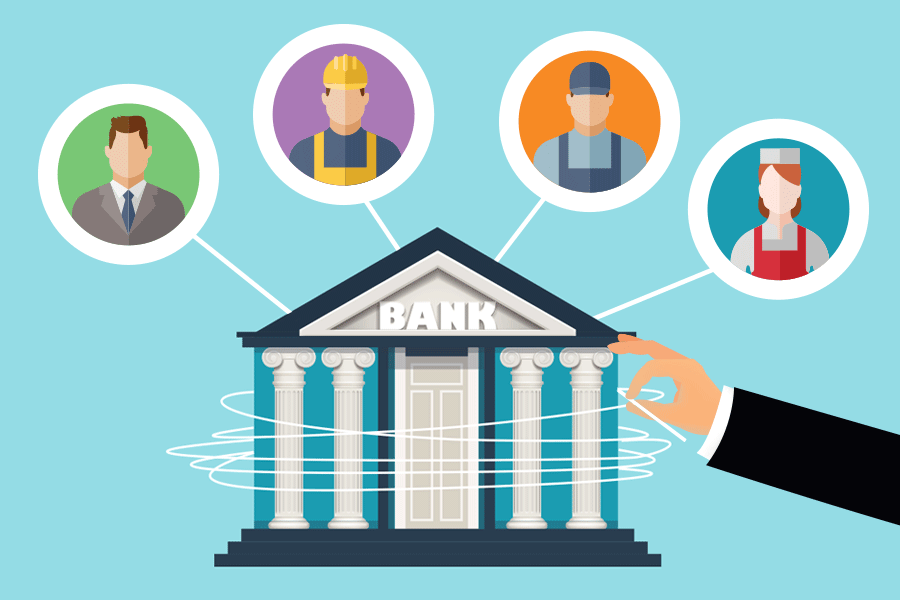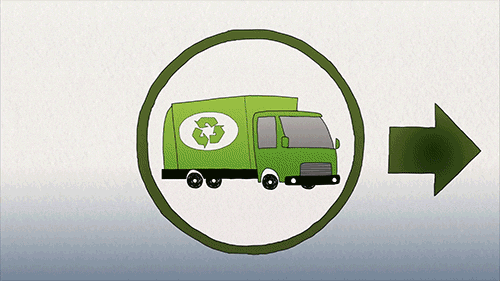Section outline
-

Welcome Note
Dear Students,
Assalamu Alaikum and a very warm welcome to all of you.
This is Md. Abdullah Al Mamun, and I am here to conduct your new course 'Economics for Textile Engineers' and share and learn something new about the world of Economics for Textile Engineers. So, let's gather knowledge with you all together. Feel free to approach me any kind of problem.
This course aims to provide students with an in-depth knowledge of the principles of economics and develop the students’ understanding on the important concept about economy in textile sectors especially the cost of textile materials and the cost to process them.
Thank you very much.
Regards,

Course Teacher
Md. Abdullah Al Mamun
Associate Professor
Department of Textile Engineering
Faculty of Engineering
Daffodil International UniversityCell : +88 017 111 972 11
Email : mamun@daffodilvarsity.edu.bd
Faculty Website : https://faculty.daffodilvarsity.edu.bd/profile/te/mamun.htmlGeneral Course Description :
Course Title: Economics for Textile Engineers
Course Code: HUM 333/221
Credit Hours: 3 (Theory, 3 contact hours per week)
Prerequisite: None
Course Level: Level 2 Term 2
Course Objectives:
- After completion of the course you will have an idea about the global textile economy.
- They will learn about the leading exporters and importers of textile raw materials, products and machineries.
- The detail ideas of textile sector of Bangladesh with emphasis on its competitor countries will be gained through this course.
- The course will equip students about the current and future trend of textile product exported from Bangladesh.
- They will also learn about SWOT of textile sector of Bangladesh.
Other Skills Development
- Public speaking and presentation skills.
- English communication skills.
Course outline
1. Introduction to Economics: (Origin of the word ‘Economics’, Definition of Economics, Goals of Economics, Famous Economists and their contributions, Scope, Importance of study Economics, Economic Systems, Macro and Micro Economics, Goods and Services, Demand and Supply, Market Equilibrium, GDP, GNI, PPP, and Per Capita Income );
2. Concept of Engineering Economics: (Inflation: Definition, Types, Measures, Effects and calculation of Inflation; Time Value of Money: Definition, Calculation; Depreciation: Definition, Methods of calculating depreciation, Detail on straight line method of depreciation; Elements of Cost: Different types of costs, break-even analysis; Make or Buy decisions: Criteria for make or buy, Approaches for make or buy decisions – simple cost analysis, Cost benefit analysis: Definition, five steps of cost benefit analysis, Advantages and limitations of cost benefit analysis;
3. Trade Barriers & Preferences: (Definition, Types of trade barriers, Tariff and Non-tariff barriers, Type of tariffs, Rationale of imposing tariffs, Different types of non-tariff barriers, Generalized System of Preferences- GSP, Objectives of GSP, Everything But Arms (EBA), GSP Scheme of Japan, Australia and New Zealand;
4. Cost of textile materials: Global production and consumption of textile fibers with reference to volumes, prices and countries. Global apparel consumption; Export and Import of Yarn, Fabric and Machinery: Study on local and imported yarns. A detailed account of various types of fabrics produced in Bangladesh. Present and future demand of woven and knitted fabrics for export oriented RMG. Global market of readymade garment of Bangladesh. Problems and prospects of various textile sub sectors; knit, woven and sweater etc.;
5. Textile Processing Cost: Apparel supply chain, Backward and forward linkage industries, Processing cost of textile materials in different stages, Breakdown of the costs of different operations.
-
Text Books:
- Engineering Economics, PHL Learning: New Delhi, 2012 by R. Panneerselvam.
- Microeconomics, 11th Edition, Pearson Economics Series by Michael Parkin.
- Engineering Economics By R. Paneerselvam
References:
- Textile Today Journal
- Textile Focus Magazine.
- BGMEA, BKMEA and BTMA website.
-
Chapter Objectives :
- To teach the students about the basic concepts and fundamentals Economics.
- They also learn about Famous Economists and Their Contributions.
- Learn about Scope
of Economics
- Learn about Importance of the Study of Economics
- Know about Economic System, Microeconomics and Macroeconomics, Cost Concept
Chapter Outcomes :
After completing this chapter Students can,
- Able to discuss about definition Economics.
- Differentiate Macroeconomics from the microeconomics.
- Know about Famous Economists and their contributions.
- Know about scope & importance of Economics.
- Cost Concept, Goods
and Services concept is very clear to them.
-

Chapter Objectives :
- To teach the students about the Inflation
- They also learn about the Time value of money (TVM).
- Learn about Depreciation and different types of Costs.
- Also, learn about 'make or buy' and Cost-Benefit Analysis (CBA)
Chapter Outcomes :
After completing this chapter Students are,
- Able to discuss Inflation the time value of money.
- Calculate the depreciation of a specific machine.
- Able to Identify different types of costs, and calculate break-even quantity.
- Able to decide on whether to buy or make parts/components of a product.
- Able to analyze the cost and benefits of a project.
-

Chapter Objectives :
- To teach the students about the concepts and fundamentals of International trade
- To learn them about the tariffs & rationale of imposing tariffs
- Learn about types of trade barriers
- Learn about Generalized System of Preferences - GSP
- To teach them about GSP Scheme in different countries.
Chapter Outcomes :
After completing this chapter Students can,
- Able to discuss about international trade and its benefits
- Compare among different countries GSP Scheme
- Know about different trade barriers.
- Know about how to use license for international trade
-
Chapter Objectives :
- To teach the students about the concepts and fundamentals of export & import of textile materials.
- To learn them about the top Cotton/Jute/PES producing countries in the world.
- Learn about Cotton/Jute/PES import or outsourcing of Bangladesh.
- Learn about price of Cotton/PES in worldwide.
Chapter Outcomes :
After completing this chapter Students can,
- Able to discuss different textile materials & their export, and import regions.
- Compare their market values.
- Know which countries produce quality full materials.
- Know about how to reuse these materials.
-

Chapter Objectives :
- To teach the students about the spinning processing & spinning industry in Bangladesh.
- To learn them about chronological development of Spinning
- Learn about Processing Cost: yarn to fabric per KG
- Learn about Processing Cost: fabric to dyeing per KG
- Learn about Processing Cost: dyeing to garments.
Chapter Outcomes :
After completing this chapter Students can,
- Able to discuss about different processes.
- Know about process cost of different sections.
- Make their concept about wages.
- Have an idea about chronological development of Spinning.
-

Syllabus for Midterm Exam :
Chapter 01 : Basic Economics
Chapter 02 : Engineering Economics (Upto Element of Cost)Exam Date: 02.03.2024, Time: (09:00 10:30) am
Instructions for Midterm Exam :
Midterm Exam Assessment Plan :
There will be 5 Broad Questions: Each question carries 5 Marks,
Total = 25
Duration: 1.5 hours
-
-
For Section B2 only
Syllabus: Chapter 3 (Trade Barriers and Preferences)
Date: 19.05.2024
Time: 15 minutes
Available from 09:00 pm to 09:15 pm
Total 15 Questions, Marks: 15
-
-

-
Topic Name: Calculation of Investment cost of a factory
-
Criteria
Marks distribution
Class attendance
07 %
Quiz
15 %
Assignment
05 %
Presentation
08 %
Midterm examination
25 %
Final examination
40 %
Total
100 %


